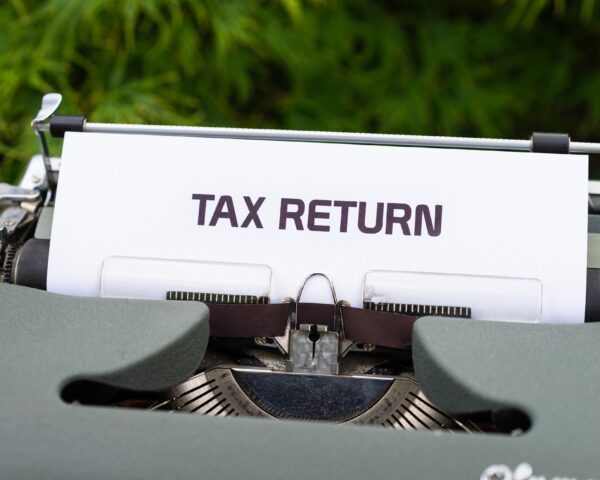Have you thought about whether you need to include anything crypto-related in your self-assessment?
There is a misconception out there in the Ethereum, sorry ether…. that the profits made from the sale of crypto assets would be treated like gambling winnings, or tax free.
Unfortunately that’s not the case and crypto profits are taxed in the same way as other financial assets.
How does that work? That means that you’re liable for capital gains tax if you’re an ‘investor’ in crypto currency, ‘investor’ being the key definition here. On the other hand if you’re ‘trading’ in crypto currency then you wouldn’t pay capital gains tax on the gains, you’d need to pay income tax.
Do I want to be an ‘investor’ or a ‘trader’? Well, you probably want to be classified as an investor because you’ll be liable to pay capital gains tax, which is taxed at a lower rate than income tax for most people. You receive the first £12,300 of capital gains tax free as an allowance. The capital gains tax rate above that tax free allowance is 20%.
Income tax on the other hand increases to 40% once you’ve earned more than £50k; and your salary and most other income from employment and dividends falls into this category.
But it doesn’t matter what you want! Unfortunately, you can’t choose to be an investor or a trader. The facts determine the treatment. The good news is that you’ll be seen to be an investor, and the gains will be capital gains (not income) unless your behaviour and intentions give rise that you’re ‘trading’ in crypto currency.
To be ‘trading’ HMRC would apply the ‘badges of trade’ tests to your circumstances. There are a number of conditions which suggest you could be carrying on a trade, including:
- Having a profit seeking motive when buying and selling
- Number of transactions
- Nature of the asset
- Interval time between purchase and sale.
Having a profit seeking motive means – did the owner originally intend to trade, or were the transactions for investment purposes only? HMRC place a huge emphasis on the intention when you purchase the asset, so it’s best to document this where possible.
HMRC are developing their positions around crypto, so we advise you to start thinking about this if you need to!
Any questions? Let us know at hello@pennybooks.io









